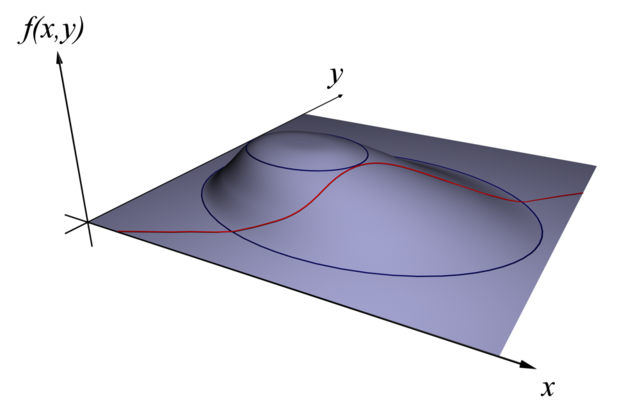Mathematical Economics

Course ID:
Semester: 8th
Year of Study:
Category: Economics Elective
For Erasmus Students: Όχι
Learning Outcomes
By the end of this course the student will be able to:
- Use efficiently the basic mathematical methods used in economic analysis and modeling.
- Model and analyze the most common research problems of economics and their dual i.e.: maximization of the utility function of the consumer and firm’s profits.
- Model the effect of time on the research problems in economics.
- Understand the connection between mathematical modeling and econometric modeling.
Course Contents
(A) Introduction: Minima / maxima of functions, total differentials, quadratic forms, the Hessian matrix, the envelope theorem, comparative static analysis.
(B1) Classical programming: optimization subject to equality constraints. The Lagrange method: economic interpretation and comparative static analysis. Applications in economics: utility maximization, expenditure minimization, cost minimization.
(B2) Nonlinear programming: optimization subject to inequality constraints. Kuhn-Tucker (K-T) conditions. The K-T conditions as necessary and sufficient conditions. Applications in Economics: “corner” solutions in the utility maximization problem, generalized conditions for cost minimization and profit maximization.
(C) Dynamic Programming: differential equations, difference equations, the Phase-Diagram technique. Local stability analysis. Introduction to Dynamic Programming.
Teaching Activities
Lectures (3 hours per week)
Teaching Organization
|
Activity |
Semester workload |
| Lectures, 3 hours per week |
(3×13) 39 hours |
| Study at home |
111 hours |
| Total number of hours for the Course (25 hours of work-load per ECTS credit) |
150 hours (total student work-load) |
Assessment
Written examination at the end of the semester (100%)
Use of ICT
Use of ICTs in teaching (PowerPoint) and communication with students (e-class).


